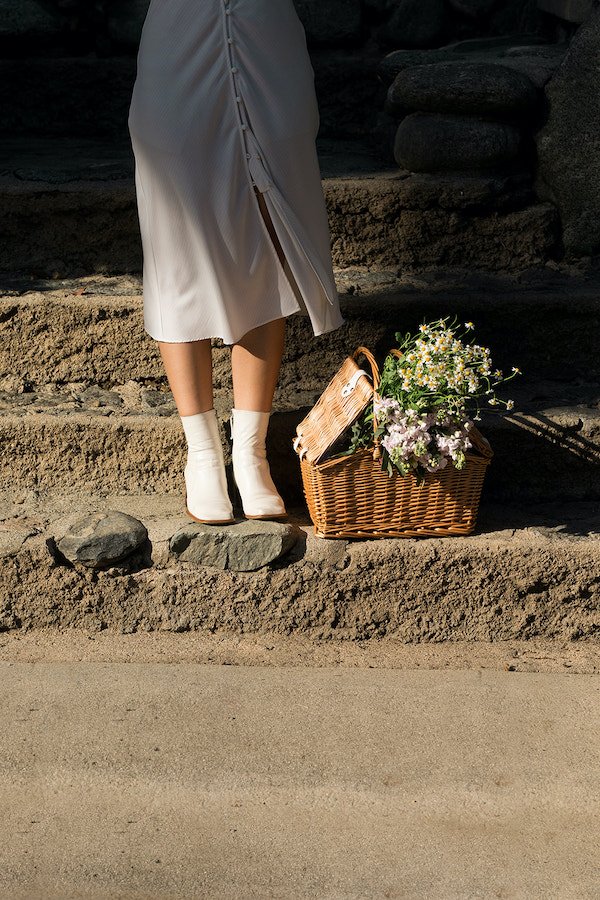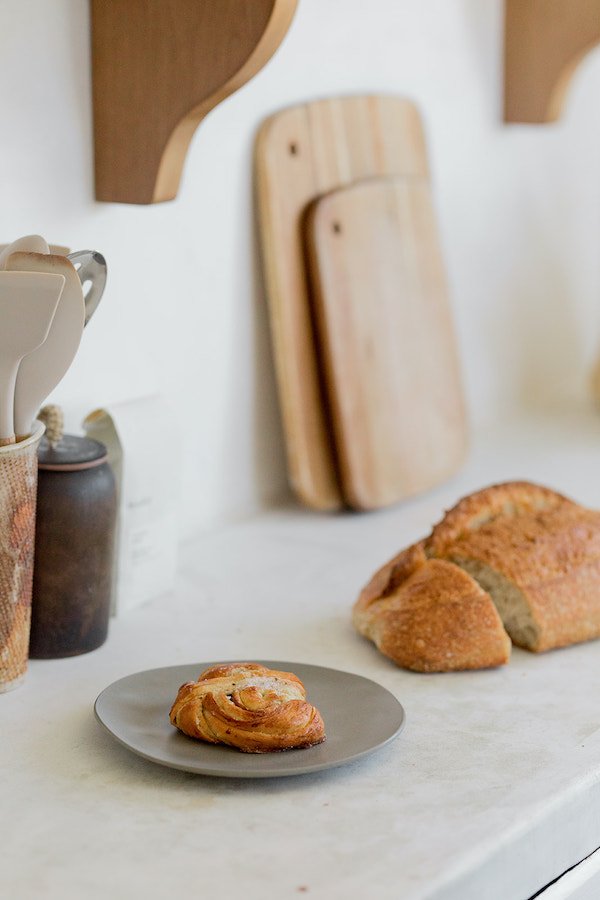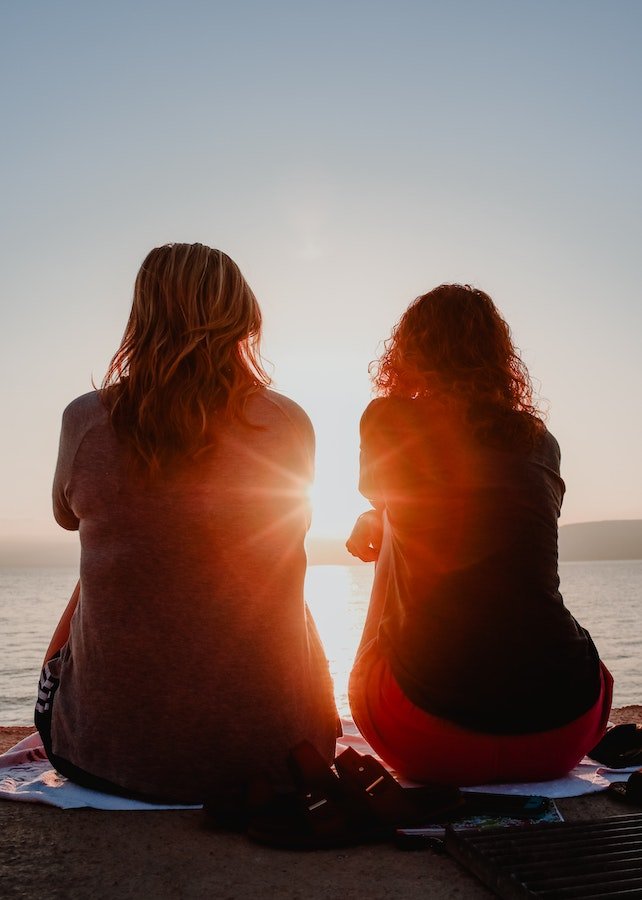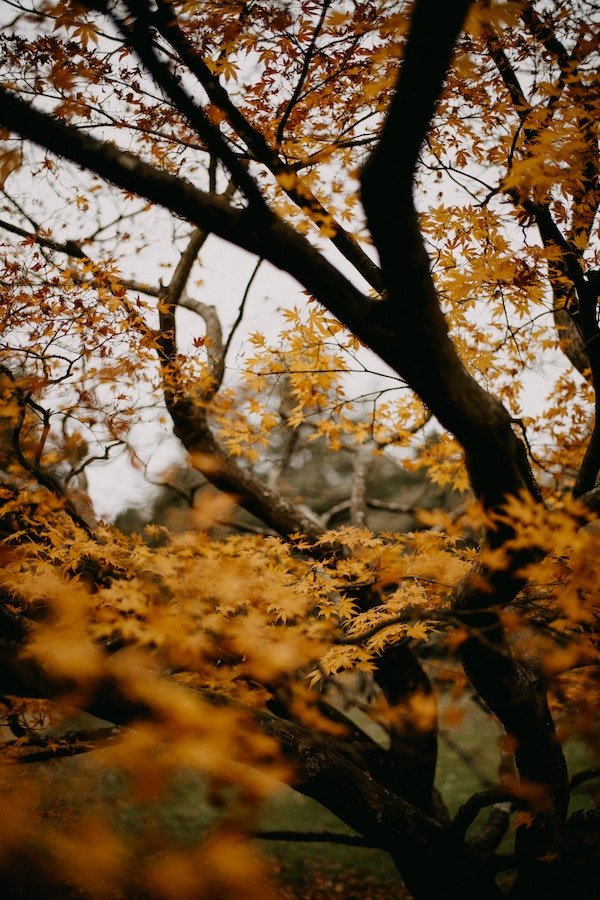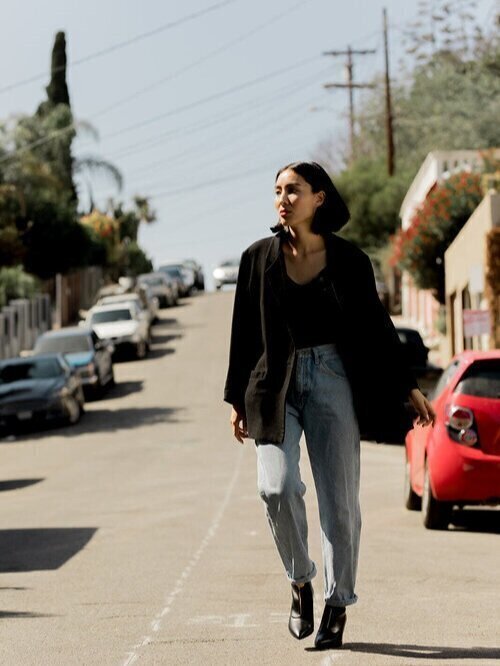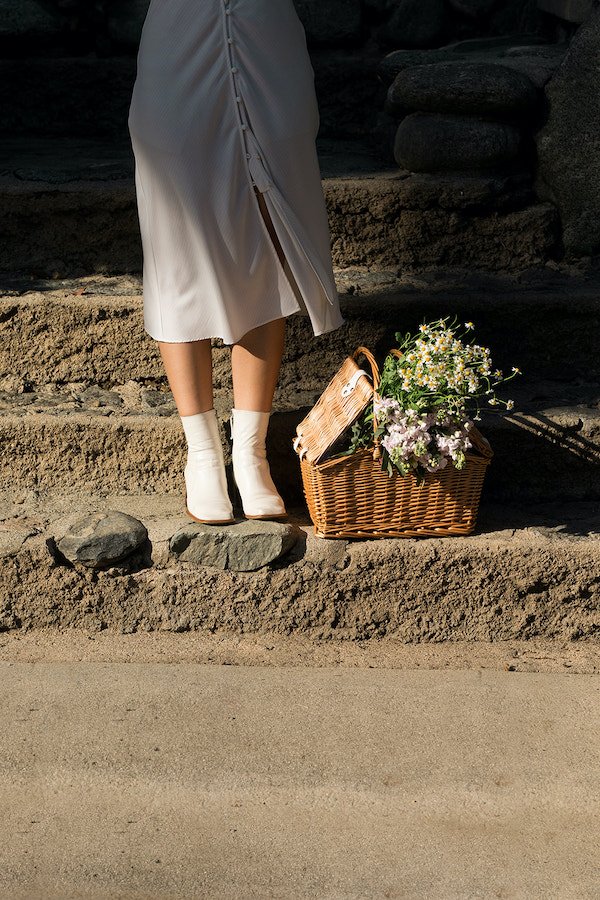
Reader Essay: To Have Been There All Along
This essay was reader-submitted for our Summer Essay Series on themes of growth, aging, transformation, and renewal.
i.
I have always loved to leave. When I was four, I ran away from my father and towards the promise of pink gumballs. My escape lit by a fluorescent path. He caught me. Snatched my hand. Delicately wrapped it around his pinky finger. As I walked within the safety of my family, I cried.
+
Fourteen years passed and my strides lengthened. I ran further and I didn’t get caught.
A high school speech class taught us to speak to others as if we believed ourselves. For the final assignment we presented on something we were skilled at.
“How to sneak out.” My voice was unwavering as I read off my title slide.
“Do not be seen.” My eyes scanned the faces of the fifteen classmates.
“Do not be heard.” Heads nodded as their pencils recorded.
“Lie. Even if you get caught. Don’t let them know you meant to leave and they won’t know that they’ve been left.”
The next year I moved 3,000 miles away.
ii.
My grad school textbooks disagreed. Leaving wasn’t the skill. Staying was. They even had a fancy clinical name for it. “Containment”. It was a part of the therapist’s job description: sit across from another ego, cradle it, and stuff it within your cardigan. But I had no money for baggy layers, never mind that it was a hot summer. I wore tank tops and shorts and sometimes minidresses. The thin material protecting my own selfhood kept bursting and seeping out into corners of carpeted classrooms. I couldn’t be contained.
It was on a particularly sweaty day that we learned about attachment theory. The professor mapped how people would love and hate throughout their lives. The excuses they would use to deny both. An experiment titled “The Strange Situation” charted these destinies. We watched videos of this experiment and its simple design. Tiny humans played in a room with their caregiver. The caregiver would leave and be replaced by a stranger. Eventually, the caregiver would return. And here we would pause the video. The professor pointed his laser at the eyes set in those small faces (fixed or averted?), the chubby hands (extended or withdrawn?), and the mouth (joy or fear?).
I didn’t care about that. The toddlers hadn’t followed the rules. If they had we wouldn’t sit here and watch them wail or cower or feign disinterest just to be seen and heard. I wouldn’t feel the heat rise along my exposed neck as I witnessed their shameful need. I wanted to rewind. To that moment when the stranger entered the room. To the possibility of a beginning.
I.
I left. High school friends now attend the weddings that I stalk on social media. There was a college group and now there is not. I drove away from the collectivity of a summer camp on the Loneliest Road in America. Of course I have waved goodbye to my parents again and again. My cat too. Now she is their cat. I left the jobs that didn’t pay enough and never lasted more than a year. Found new cafes when I suspected a barista may ask my name. I left a few homes shared with the people who had seen too many of my tears, but also forty goats on a hill and ten kids on a farm. I left a few lovers. But they have mostly left me.
+
My voice wavers often now. Words beg to escape my sputtering, scared brain. My body moves to stop them with practiced protection. My neck curls into itself and my throat constricts. But more and more I part my lips for the exodus. And afterwards? My feet don’t move.
Place your two fingers on the spine of my throat as I speak. You will feel the possibility of this honesty.
II.
I return. I return to the friendships that had soured with expectation and age. We blow out birthday candles and make meaningful eye contact as we express sincere wishes for time together in the coming year. I drive ten minutes to see my sister. My boots tread worn trails through hometown mountains even when I avoid the supermarkets below them. Favorite library spines know the brush of my fingers. Each day I wake with a new light to a body that stiffened and opened throughout the night, according to the nightmares and dreams of what was and what could be. The sun crosses the sky as I sit in a chair and listen to stories that I neatly fold within my sweaters and pants pockets. Each evening I lie beside the same human and dog. I don’t even flinch as we curl into each other.
I + II (or how we got to III)
I carry wildflowers with me wherever I go. They don’t bloom and wilt with the seasons, but remain tattooed on the inside of my bicep. In spring the real flowers arrive and nod hello in the breeze from the passing cars. Greet me as old friends that have been there all along. Every year they appear in renewal. Beneath that hard winter ground they survived.
Julie Jacobs is currently taking creative writing classes at City College of San Francisco. Professionally, she is a clinical social worker who is grateful to be able to learn from kids and families every day. Personally, Julie is a daughter, sister, friend, and partner who lives on unceded Ohlone land. She spends her free time comforting her sensitive pup who always seems to be sad about something (or maybe that’s her), and trying to be more like her literary idol Junie B Jones.
